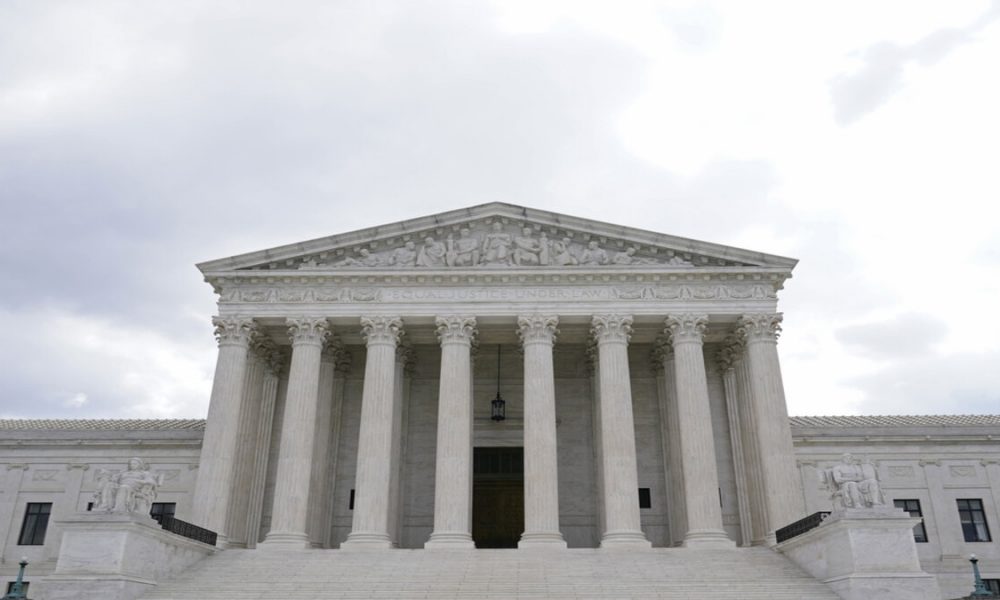Although Thomas Lane, J. Kueng, and Tou Thao will face charges of aiding and abetting second-degree murder and manslaughter next March, prosecutors want to include an additional count of aiding and abetting the third-degree murder of George Floyd.
What We Know:
- The attorneys for the state raised the suggestion during their Thursday appearance at the Minnesota Court of Appeals. Prosecutor Neal Katyal cited a previous ruling from Hennepin County District Court Judge Peter Cahill in which he mistakenly declined to put third-degree murder in Derek Chauvin’s list of offenses.
“We think that the Chauvin case should settle the matter here… It would be a very odd result if three defendants get to hear their alternative argument now, but one defendant didn’t and had to go back to the district court for it,” said Katyal.
- The three ex-officers defense team believed the new charge to be inappropriate. Attorney Deborah Ellis stated third-degree relies on one’s “reckless state of mind,” but aiding and abetting is intentional.
- “So while an accomplice can aid a negligent act or even a reckless act, it takes more than that to aid and abet a third-degree depraved mind because you would have to intentionally aid … an irrational frame of mind of somebody else,” Ellis stated.
- Katyal said the argument was “just wrong” and that someone can aid a reckless crime if they intentionally assist in it. He thinks her claim was immature because the state could still charge Lane, Keung, and Thao as principal actors; Ellis acknowledged that her assertion would be moot if the state did this. In addition, he declared the argument should go before a lower court for debate.
The three-judge panel, consisting of Judges Renee Worke, Matthew Johnson, and Theodora Gaitas, will have 90 days to make their decision. Based on the February appeals court verdict in the Justine Ruszczyk Damond case, as well as a related ruling in Derek Chauvin’s case that found the settlement was binding, the judges may rule in the state’s favor. If they do, the case will return to the lower court, and they will add the charge.



